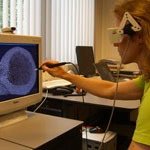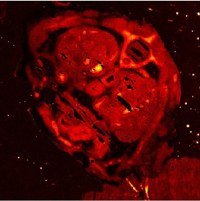Project description
Diffusion models have recently revolutionized image generation and are increasingly used as learned priors to recover missing information in inverse imaging problems. Computed Tomography (CT) reconstruction is one such problem, where information loss can occur due to limited measurements, motion, or dose constraints. Applying diffusion models to CT is a promising but non-trivial task, as these models usually require large training datasets, the pretrained models have mostly been trained on natural images or videos, and combining image generation with the physics of CT is not always straightforward. These open several interesting research directions.
In this project, you will choose from a few possible research directions: leveraging off-the-shelf video diffusion models for dynamic CT, noise schedule design for balancing learned prior and physics, or developing diffusion bridges that mimic the progressive CT acquisition process. Other related ideas on these topics are also welcome to discuss. Depending on the chosen direction, the work will either show how existing diffusion models can be leveraged for tomography without large CT datasets, or propose alternative strategies to achieve high-quality reconstructions under limited data conditions.
Supervision & focus areas
Supervisor : Tristan van Leeuwen (CWI),
Keywords : tomographic imaging, inverse problems, diffusion models


